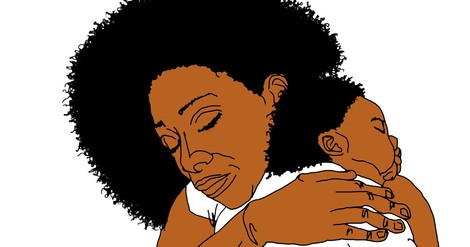Your podcast discovery platform
Curious minds select the most fascinating podcasts from around the world. Discover hand-piqd audio recommendations on your favorite topics.

piqer for: Climate and Environment Global finds
Andrea is a writer and researcher based out of Chicago. Andrea has a Bachelor's degree in environmental science from The Ohio State University and a Master's in Environmental Planning and Management at National Taiwan University, where she specialized in climate adaptation and urbanization. She writes for TaiwaneseAmerican.org, and sends out a biweekly newsletter which includes articles on politics, environment, identity, and intersections of race, class, and gender (http://eepurl.com/bPv-F5).
What’s Killing America’s Black Infants?
"Each year in the United States, more than 23,000 infants die before reaching their first birthday. Though the mortality rate varies widely by state and county, the average in the United States is higher than in the rest of the world’s wealthy countries, worse than in Poland and Slovakia. What our infant-mortality rate tells us is that, despite spending more money on health care than any other country in the world, the United States is not very healthy. Looked at closely, it reveals that particular groups of Americans are starkly unwell."
If anyone knows anything about race in America, one can probably guess that black infants die at higher rates than white infants. This informative piece breaks down the public health crisis of American infant mortality, particularly some of the approaches that have been taken to address it (with varying success).
The racial gap in infant mortality is a uniquely American problem rooted in the legacy of historical inequality, and finding ways to solve it has proved difficult. It's not a genetic issue, because foreign-born black women have fewer issues than African Americans, but it's also not entirely a question of prenatal care, as in this case the outcomes did not improve as prenatal care became more of a priority. Poverty and education also cannot fully account for the difference:
"Now, a growing body of evidence points to racial discrimination, rather than race itself, as the dominant factor in explaining why so many black babies are dying. The research suggests that what happens outside a woman’s body—not just during the nine months of pregnancy—can profoundly affect the biology within."
This article lays out a good deal of historical and statistical information on this issue where health, race, gender, environment and economics intersect: "Infant mortality is a wicked problem. It has no single solution." But this does mean there are "multiple avenues for effective action", and we may need all of them to address this issue.
